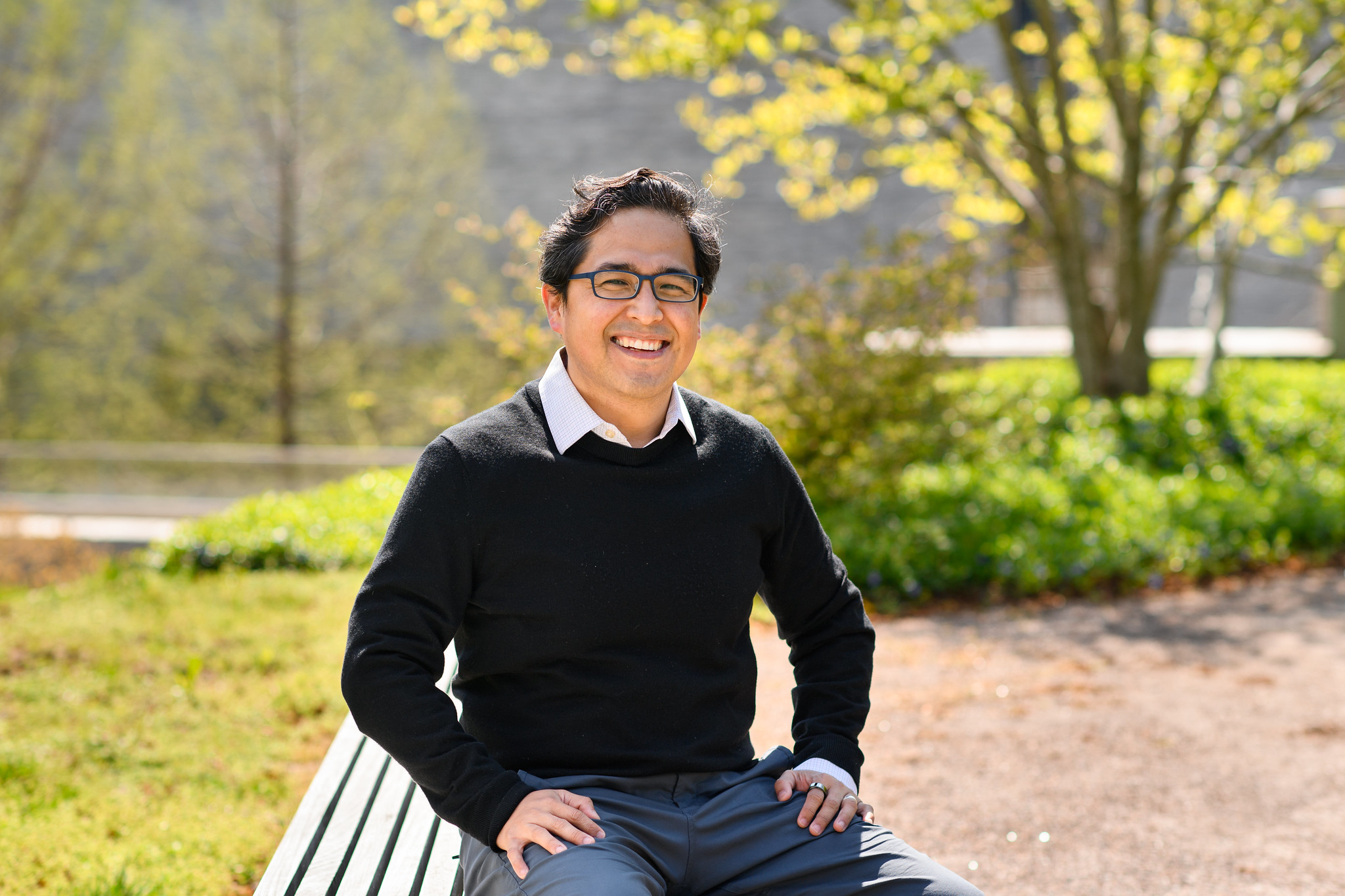
Social computing has permeated most aspects of our lives, from work to play. In recent years, however, social platforms have faced challenges ranging from labor concerns about crowd work to misinformation on social media. These and other challenges, along with the emergence of new technical platforms, create opportunities to reimagine the future of social technologies.
This talk will start with an overview of the research designing and deploying social computing systems to help millions of people connect and collaborate to learn new skills, crowdsource news reporting, and delegate tasks to hybrid AI systems. The rest of the time will be focused on talking about how our team here at Princeton will develop the next generation of public-interest social computing systems. For example, how we are working on identifying and developing the socio-technical layers needed to support community-owned gig work platforms.
Bio:
Andrés Monroy-Hernández is an assistant professor of computer science and works on human-computer interaction and social computing. Along with his team, he designs and studies technologies that help millions of people connect and collaborate in new ways. He led the creation of the Scratch online community at MIT, the crowd-powered Cortana scheduling assistant at Microsoft, and several social AR and wearable experiences at Snap Inc. At Princeton, he directs the Human-computer Interaction Lab, focusing on public-interest technology development.
His research has received best paper awards at CHI, CSCW, HCOMP, and ICWSM, and has been featured in The New York Times, CNN, Wired, BBC, and The Economist. He was the technical program co-chair for the ACM Conference on Computer Supported Collaborative Work and Social Computing (CSCW ’18) and the ACM Conference on Collective Intelligence (CI ’19). He was named one of the most influential Latinos in Tech by CNET and one of the MIT Technology Review’s 35-under-35 Innovators for his research on citizens’ use of social media to circumvent drug cartel violence and censorship.
Andrés was on the leadership team of the Future Social Experiences Lab at Microsoft Research and founded the HCI research team at Snap Inc. He holds a master’s degree and a Ph.D. from the MIT Media Lab and a bachelor’s degree in electronics engineering from Tec de Monterrey in México.
This webinar will not be recorded.

